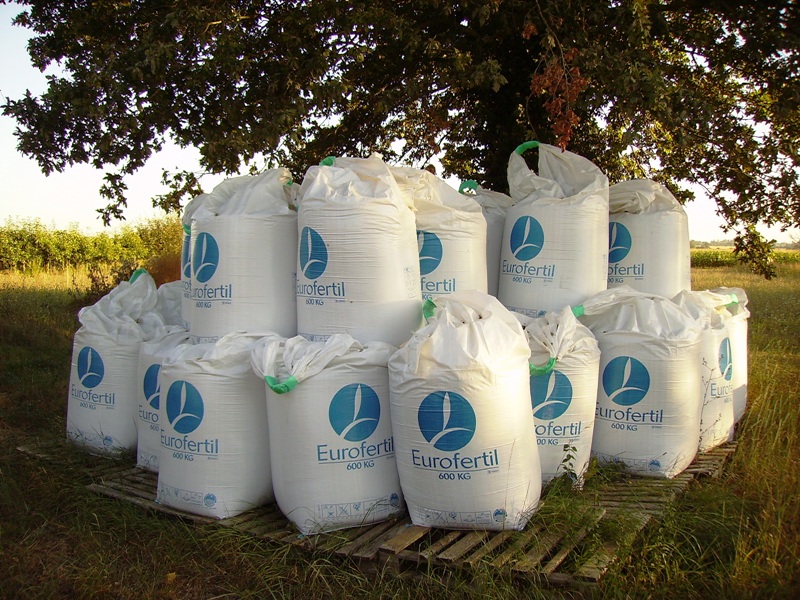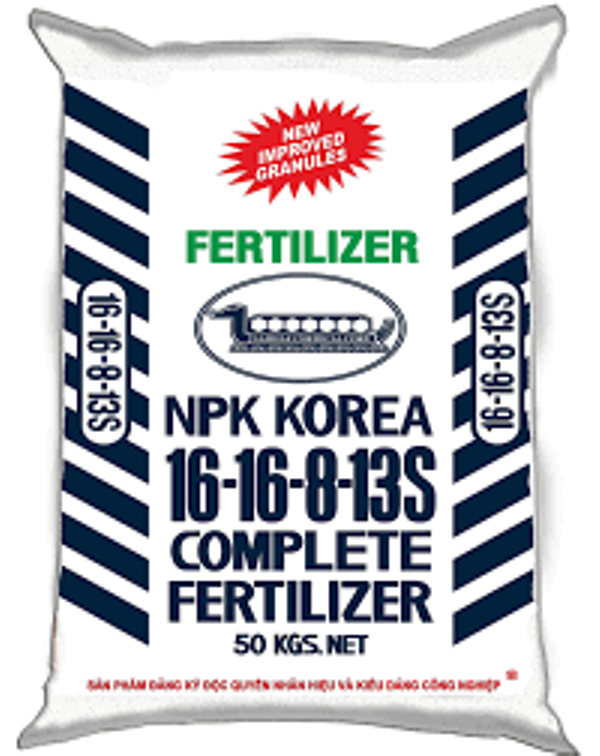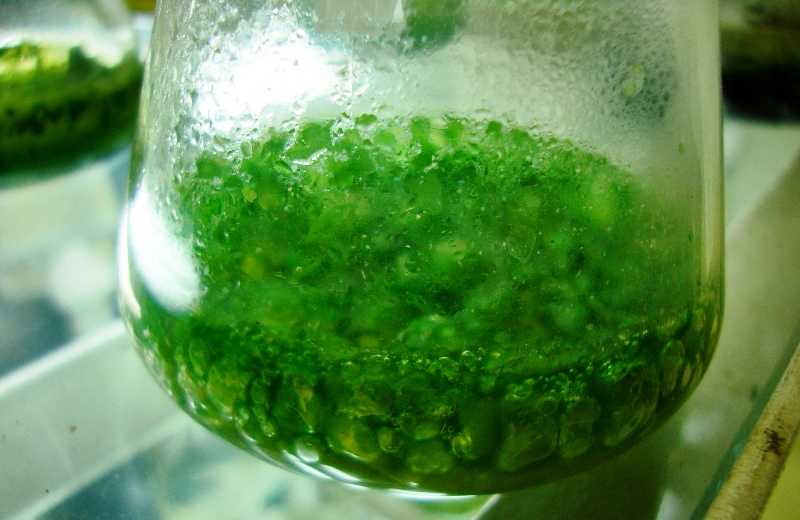
Are Chemical Fertilizers Good for The Soil?
Are Chemical Fertilizers Good for The Soil?
With the development of chemistry since the 19th century, chemical mineral fertilizers were increasingly used because of their low cost and excellent efficiency:
Today, the majority of fertilizers used in agriculture are chemical fertilizers.
As far as gardening is concerned, commercial fertilizers tend to meet the demand of gardeners, who are increasingly interested in natural or organic fertilizers. However, not everything is organic!
Generally speaking, there are two main types of fertilizers.
Mineral fertilizers can be of two kinds:
- either from natural deposits (potash, phosphate),
- or from the chemical industry, which is by far the most common.
Simple fertilizers, compounded fertilizers
Organic fertilizers are of animal origin (manure, compost, ground horn, dried blood, guano, bone powder, fish bones) or vegetable origin (algae, wood ash). However, the chemical industry makes it possible to obtain by synthesis the various elements which the plants need:
- primarily nitrogen (chemical symbol N), phosphorus (P), and potassium (K),
- and also calcium (Ca), magnesium (M), and sulfur (S).
Straight fertilizers are composed of only one element: N, P, K, CA, M, or S.

Compound fertilizers generally contain at least 3 elements (N, P, and K in varying proportions).
Use in agriculture and gardening

Chemical fertilizers have been used in intensive farming, as they allow a spectacular improvement of agricultural yields at a low cost.
At the same time, the use of chemical fertilizers also developed for the vegetable garden and the pleasure garden for several reasons:
- better yields of vegetable crops, more abundant fruiting, increased flowering;
- low cost;
- easy to use and immediate results.
Risks of chemical fertilizers

In return for their advantages, chemical fertilizers carry risks: the soil is impoverished.
The plants directly assimilate synthetic chemical fertilizers. The slow process by which organic fertilizers decompose under the action of micro-organisms is short-circuited.
As this process is no longer solicited, the soil no longer “works”, its microbial life is no longer fed, and gradually dies out. The ground becomes impoverished until it becomes sterile.
The use of chemical fertilizers leads to pollution risks.
In agriculture: The risk concerns essentially the possible surplus of nitrates and phosphates not used by the soil and which can, by infiltration or leaching, contaminate rivers and water tables.
Home gardens: The concentration of chemical products (fertilizers and treatments) in the soil is often even higher in home gardens than on agricultural land! Fertilizer manufacturers often tend to recommend generous doses, which gardeners, thinking they are doing the right thing, exceed.
Towards a rational use of chemical fertilizers
In agriculture, we can hope to develop reasoned agriculture, using chemical fertilizers in moderate doses and only at strategic moments for the excellent development of the crops.
It would be preferable to use organic fertilizers in home gardens, free or almost free (compost, manure, green manure), then natural fertilizers from the market, and use chemical fertilizers only in exceptional cases.
Read more:
- Memory Disorders: What Are They;
- 4 Life Stages That Affect Your Memory;
- How Biodecoding Helps to Deal With Eczema;
- What Organ Donation Is All About;
- Let’s Dig Into Your Brain’s Inner Sea;
- Antibodies: Definition, Uses, and Mode of Action;
- Why Are You Destined to Disappear;
- What Naturopathy Is All About;
- Blood Transfusion Update on Irregular Agglutinin Research;
- What is Metastatic Cancer?
- The new pill that can curve the spread Of Covid-related death;
- Effects Of Cannabis On The Brain And Body;
- Welcome To The Strange World Of Reptiles;
- Debunking 3 Myths About Vaccines;
- The Effects of Alcohol on the Brain;
- Omicron; What Do We Know?
- Is Animal Testing Necessary?
- The 5 Deadliest Cancers;
- How To Activate Your ‘Happy Hormones’;
- Is Time Travel Theoretically Possible?
- Is There A Future For Cloning?
You May Also Like

Fighting Iron Deficiency One Bite at a Time
2021-08-20
Through Their Eyes: A Glimpse into How Animals See the World
2024-01-23



One Comment
Pingback: